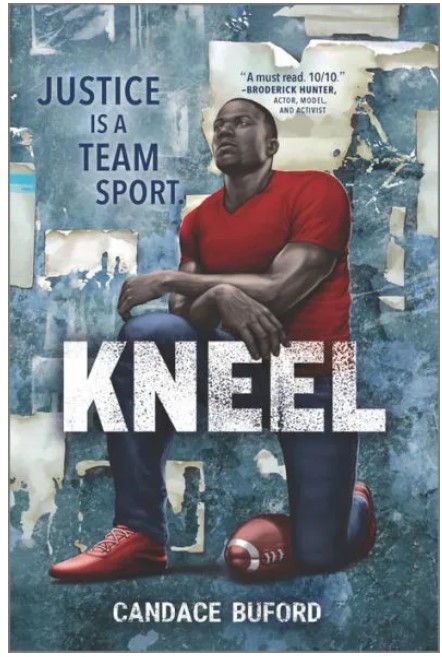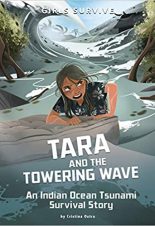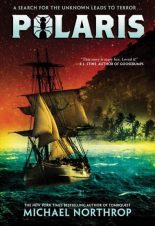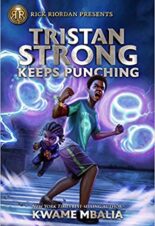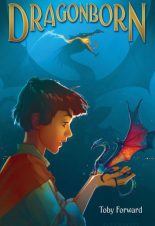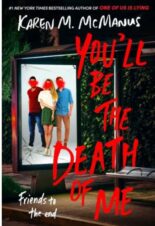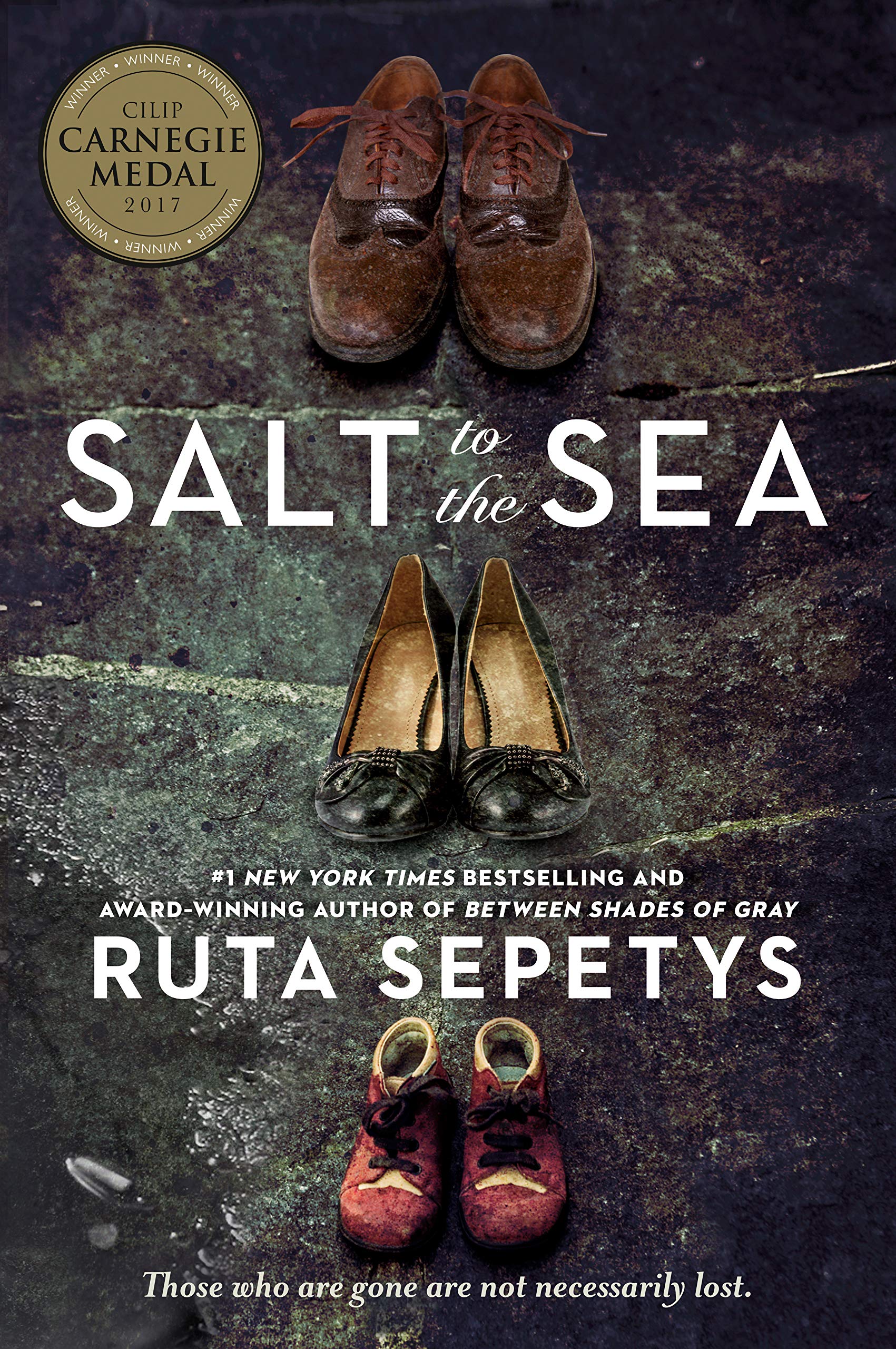
Buy This Book
“War is catastrophe. It breaks families in irretrievable pieces. But those who are gone are not necessarily lost,” Clara Christensen - Salt to the Sea
Salt to the Sea
by Ruta Sepetys
AR Test, Must Read
12+
Score
4.5
447
Set during the end of World War II, Salt to the Sea follows the story of four refugees seeking shelter from the rampages of war. With the rapid advance of Soviet forces against Hitler’s Reich in Poland, Latvia, East Prussia, and Lithuania, thousands of refugees flood toward the port of Gotenhafen with the dim hope of escape. For these thousands, Gotenhafen is a chance to flee the inevitable onslaught and destruction created by the oncoming Soviets. Amidst this hurried procession of souls are four teenagers who witnessed the innumerable tragedy wrought by war. Each teen is from a different homeland and has a different background, yet all have equally dangerous secrets.
Joana is a nineteen-year-old Lithuanian expatriate who previously spent the entirety of the war as a conscripted nurse, tending to wounded and dying soldiers. Florian is an eighteen-year-old Prussian thief and forgery master wanted by the Nazis because of his shameful past. Alfred, also referred to as “Frick”, is a delusional seventeen-year-old Nazi Kriegsmarine soldier who is attempting to overwrite his troubled past through enlistment. Emilia is a fifteen-year-old Polish refugee running from the destruction of her homeland as both the Nazis and Soviets hunt her and her countrymen. Each character carries their own mysteries, whether shameful or perilous.
Salt to the Sea is told in first person point of view, with the main narrative being split between the four characters. Each chapter shifts from one character’s point of view to another, creating a cleverly knitted narrative that explores the ongoing tumult of their lives. Although each of our four protagonists have their own agendas, the audience can sympathize with each character as they struggle to not only survive but to also find themselves.
Salt to the Sea is a fast-paced, intense, and emotional story that will have readers gripped to the very last page. Sepetys does an incredible job weaving multiple narratives into one effortless adventure. Each chapter provides the reader with an increasingly dark understanding regarding the horrors of war and the vast challenges that refugees must overcome. As this book follows the inevitabilities of war, there are distinct violent moments and deaths which Sepetys has written to be intentionally jarring.
Although distressing and dark, Salt to the Sea tells the hopeful story of refugees fighting for a better future and their personal growth along the way. Salt to the Sea is a must-read for all those interested not only in history but also in the human condition as Sepetys colorfully illustrates the horrors of war.
Sexual Content
- There are references to rape or other non-consensual sexual content. A passing elderly refugee asks Joana if she carries any poison. The woman says “I understand. But you are a pretty girl. If Russia’s army overtakes us, you’ll want some [poison] too.”
- While on the boat, Joana kisses Florian. “She stood on her toes, took my face in her hands, and kissed me.”
- When she was fifteen, Emilia became pregnant when she was raped.
Violence
- While fleeing through a snow-laden forest, Florian kills a Russian soldier who was harassing Emilia. Florian “stood in the forest cellar, my gun fixed on the dead Russian.” The killing was not described.
- Multiple references are made to Hitler’s Final Solution. “Hitler aimed to destroy all Poles. They were Slavic, branded inferior. . . Hitler set up extermination camps in German-occupied Poland, filtering the blood of innocent Jews in the Polish soil.”
- While fleeing westward, Soviet planes drop bombs on top of forests which poses an immediate threat to Joana, Emilia, and Florian. “The bombs began falling. With each explosion, every bone in my body vibrated and hammered, clanging violently against the bell tower that was my flesh.”
- Joana mentions the wartime atrocities committed by the Soviets. “Women were nailed to barn doors, children mutilated.” In addition to such terrors, Soviet soldiers were infamous for raping and pillaging entire villages, which involved the wholesale slaughter of male populations and the rape of a village’s women.
- Eva, another refugee, references the potential violent fate of Emilia’s father. Eva says, “The senior professors in Lwów, they were all executed.”
- While fleeing, Emilia saves Florian by shooting a wandering German soldier. The soldier “had a gun. He was pointing it. [Emilia] jumped up and screamed. Bang.”
- Joana and a group of refugees stay at a deserted manor. Prior to this, soldiers brutally slaughtered the residents in their sleep. As Joana explores the rest of the manor, she discovers the house’s previous tenants and exclaims, “Dead in their beds. They’re all dead in their beds!” The bodies are not described in detail.
- On their way to Gotenhafen, another refugee laments that the Soviets “shot his cow.”
- While approaching the Frauenberg, the Soviet air forces shell the road. “A cluster of human beings behind us exploded with a bomb.”
- As Joana and her group of refugees cross an icy river, one refugee falls through the ice and joins other unfortunate souls trapped beneath the frozen surface. “The ice in front of Ingrid was red, frozen with blood.”
- Sepetys makes multiple mentions of refugees and their suffering, such as parents missing their children, or the children being abandoned.
- Joana, a nurse, cares for the wounded on the Wilhelm Gustloff. Joana “would get these wounded men on the big ship.”
- The Wilhelm Gustloff is struck by three Soviet torpedoes causing the ship to sink, killing thousands of refugees, including children. As the ship tilted deeper into the water, a passenger said, “The woman was right. We were all going to drown.” As the ship sinks, the ocean is strewn with dead bodies floating amidst the wreckage. “Thousands of dead bodies, eyes wide, floated frozen in life vests.”
- A mother attempts to throw her child to a lifeboat, yet the baby tragically drowns. “The dark air was full of screams” of thousands of drowning men, women, and children.
- Alfred attempts to throw Emilia off the raft, yet in doing so accidentally he kills himself. Alfred slams his head against the metal raft and falls into the freezing depths of the surrounding water. “Alfred was sent tumbling, crashing his head against the metal raft with a deafening scream”
Drugs and Alcohol
- Before the start of the book, Florian is wounded with shrapnel which he sterilizes using vodka. Florian “turned the top of the soldier’s flask and raised it to my nose. Vodka. I opened my coat, then my shirt, and poured the alcohol down my side.”
- Joana and Florian share cigarettes in a moment of respite from danger. Joana “pulled out a cigarette and ran it through my fingers, trying to straighten it.”
Language
- None
Supernatural
- None
Spiritual Content
- None
by Daniel Klein
“War is catastrophe. It breaks families in irretrievable pieces. But those who are gone are not necessarily lost,” Clara Christensen - Salt to the Sea
Latest Reviews
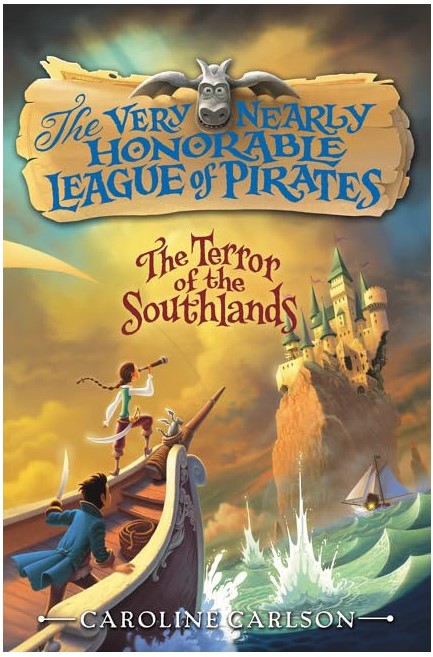
The Terror of the Southlands
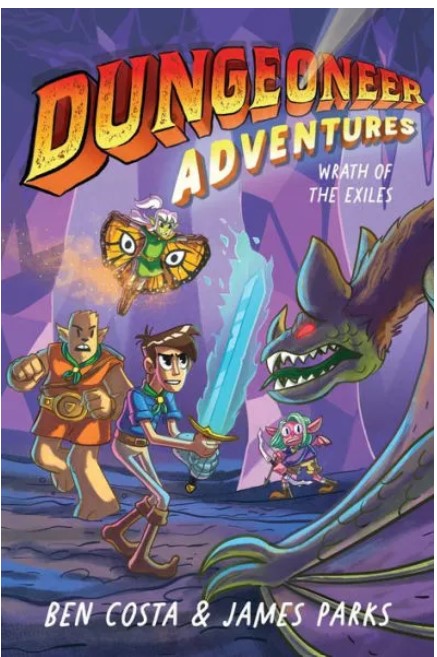
Wrath of the Exiles

Jasmine Toguchi, Drummer Girl
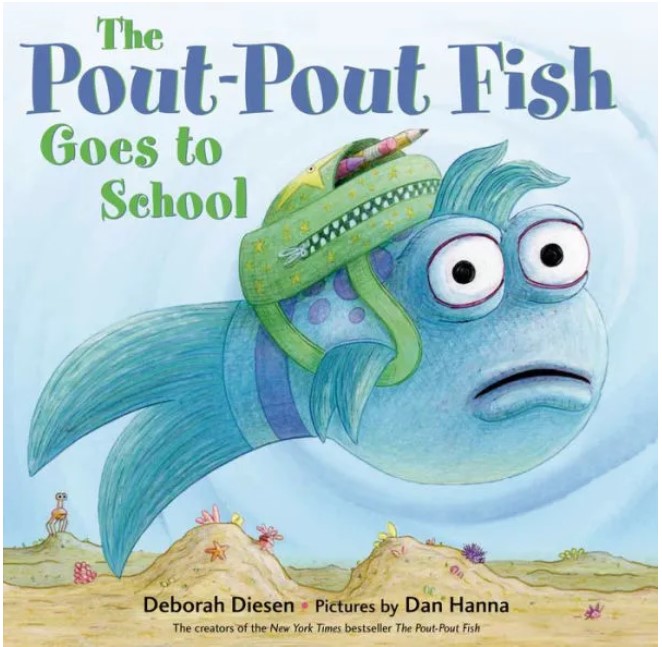
The Pout-Pout Fish Goes to School
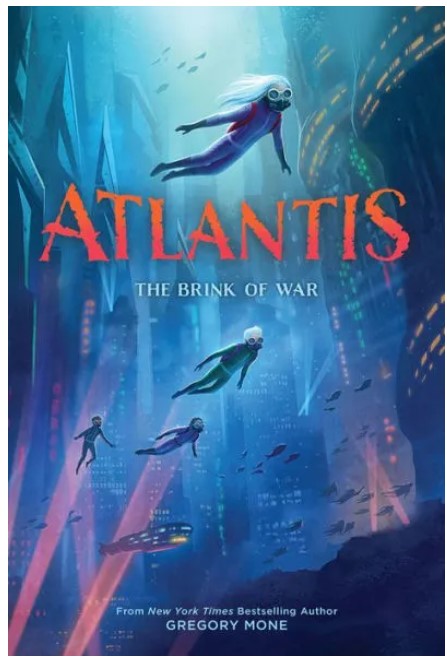
The Brink of War
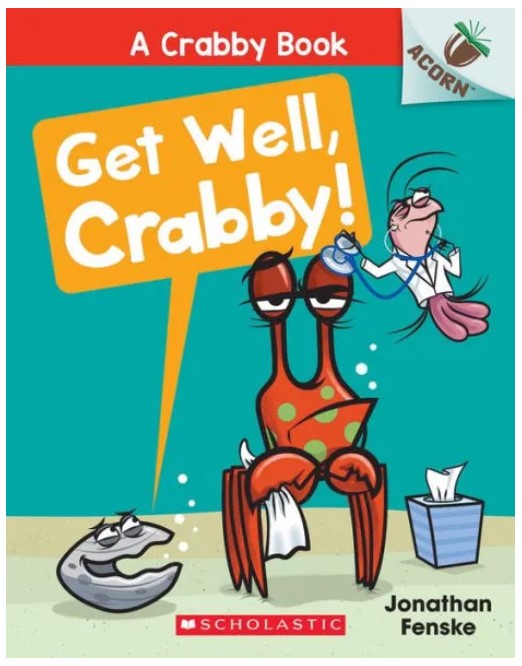
Get Well, Crabby
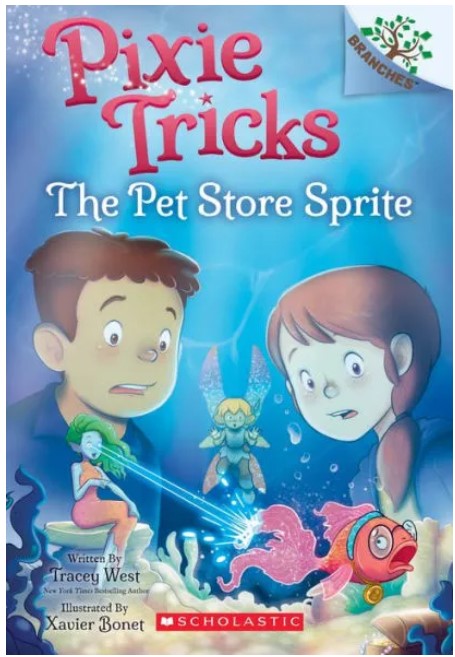
The Pet Store Sprite

Stacey’s Remarkable Books

Lucy Maud Montgomery: A Writer’s Life
